by Steven Ossad
Known as “Preble’s Boys,” the generation of young American naval leaders who served under Commodore Edward Preble (1761-1807) established the foundation and traditions that shaped and continue to inspire the U.S. Navy.
[text_ad]
Officers who became legend in U.S. naval history—men like Isaac Hull, James Lawrence, Stephen Decatur, and Thomas Macdonough—served under Preble in the Quasi War with France and the Barbary Wars. In those early struggles they gained crucial experience that would pay dividends against the world’s most formidable naval power during the War of 1812.
Privateering & the Siege of Tripoli
After running away to sea in 1777 to serve as a privateer, Preble was commissioned a lieutenant in the U.S. Navy and by 1803 had risen to command the Mediterranean Squadron. Immediately after arriving at his post, he instituted a more aggressive strategy against the commerce-raiding Barbary pirates, forcing Morocco to withdraw from the enemy alliance.
Following the destruction of the USS Philadelphia, he personally commanded the siege of Tripoli, flying his pennant aboard the USS Constitution (“Old Ironsides”), and launched several unsuccessful assaults on the harbor.
The final attempt to blow up the gunpowder-laden Intrepid amid the pirate fleet was a disaster, costing the lives of all hands and Preble his command. Although cleared of responsibility, he ended his career supervising the construction of gunships.
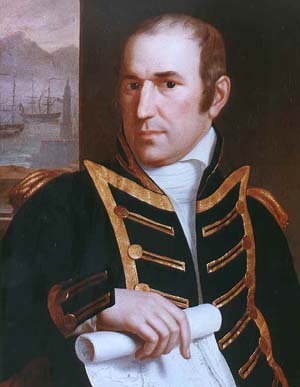
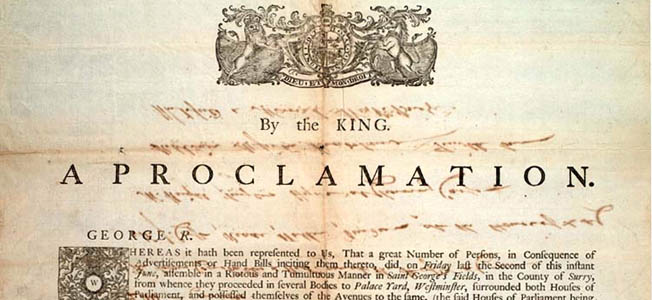
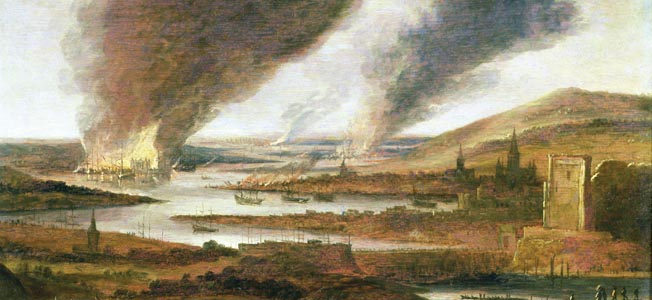
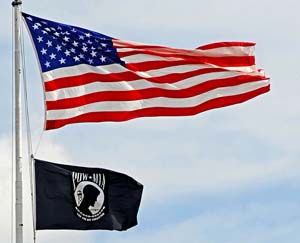
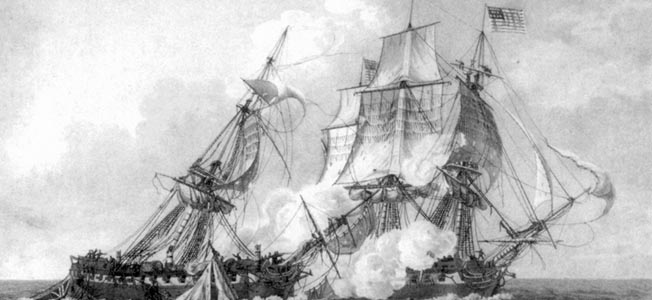
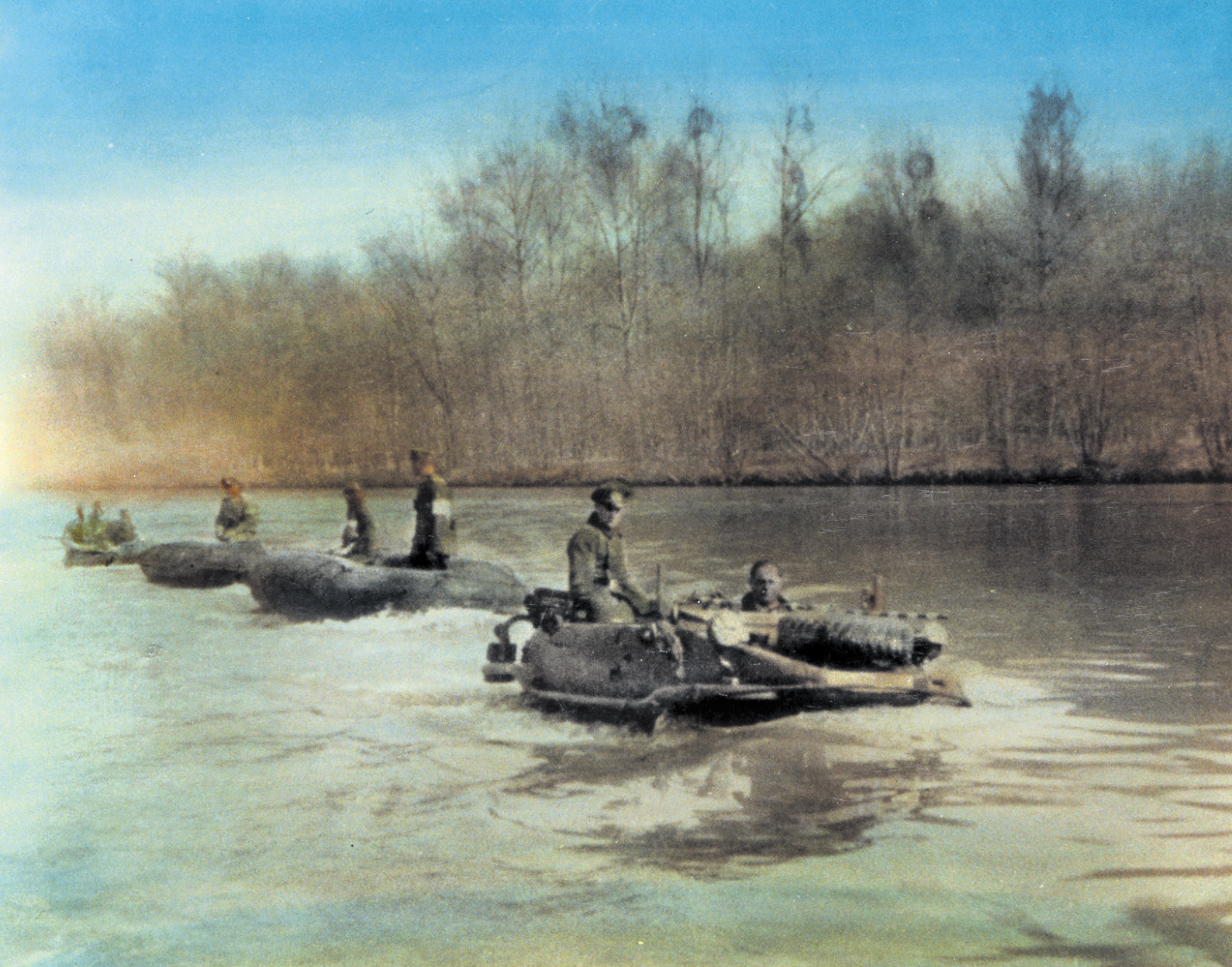
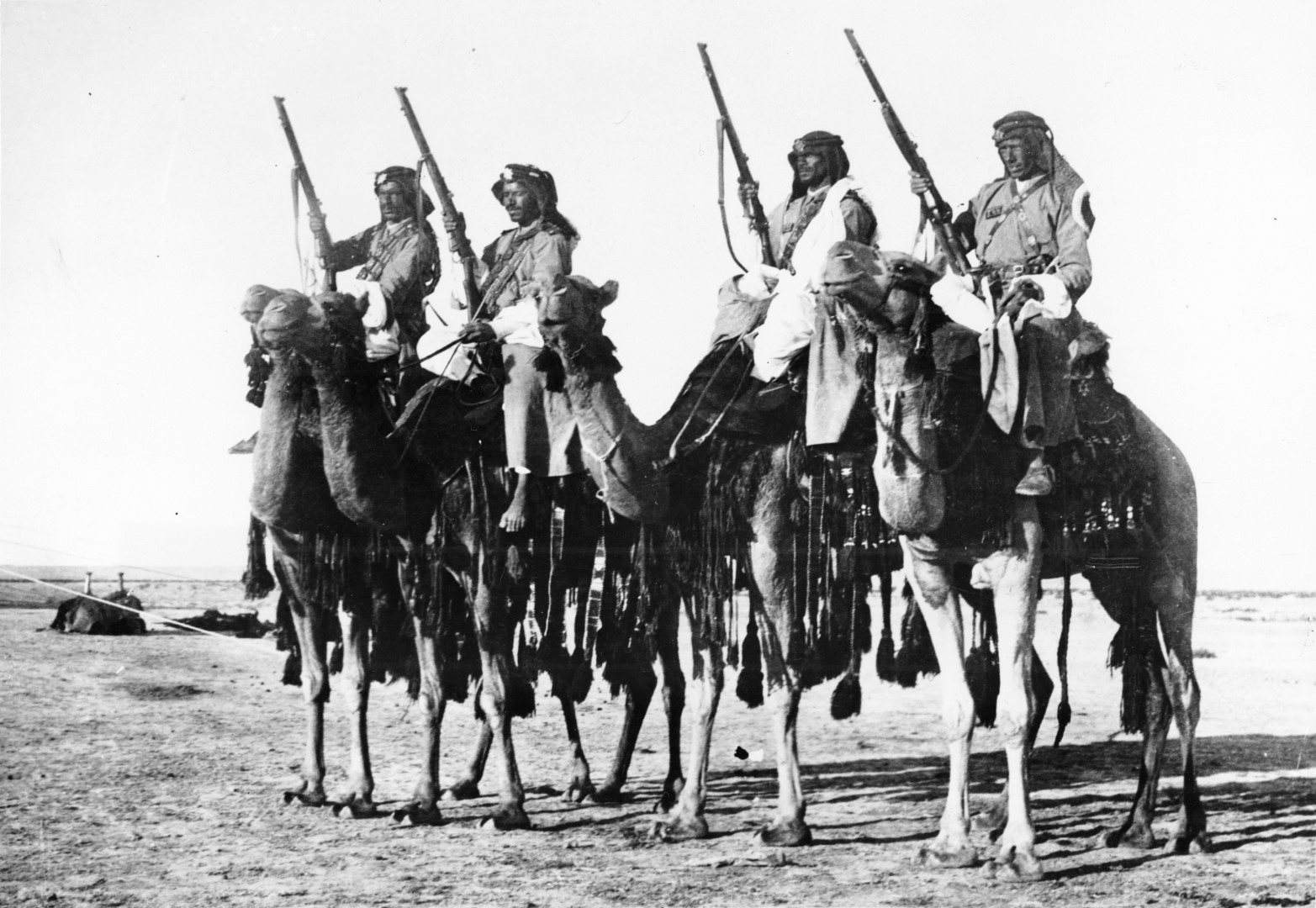
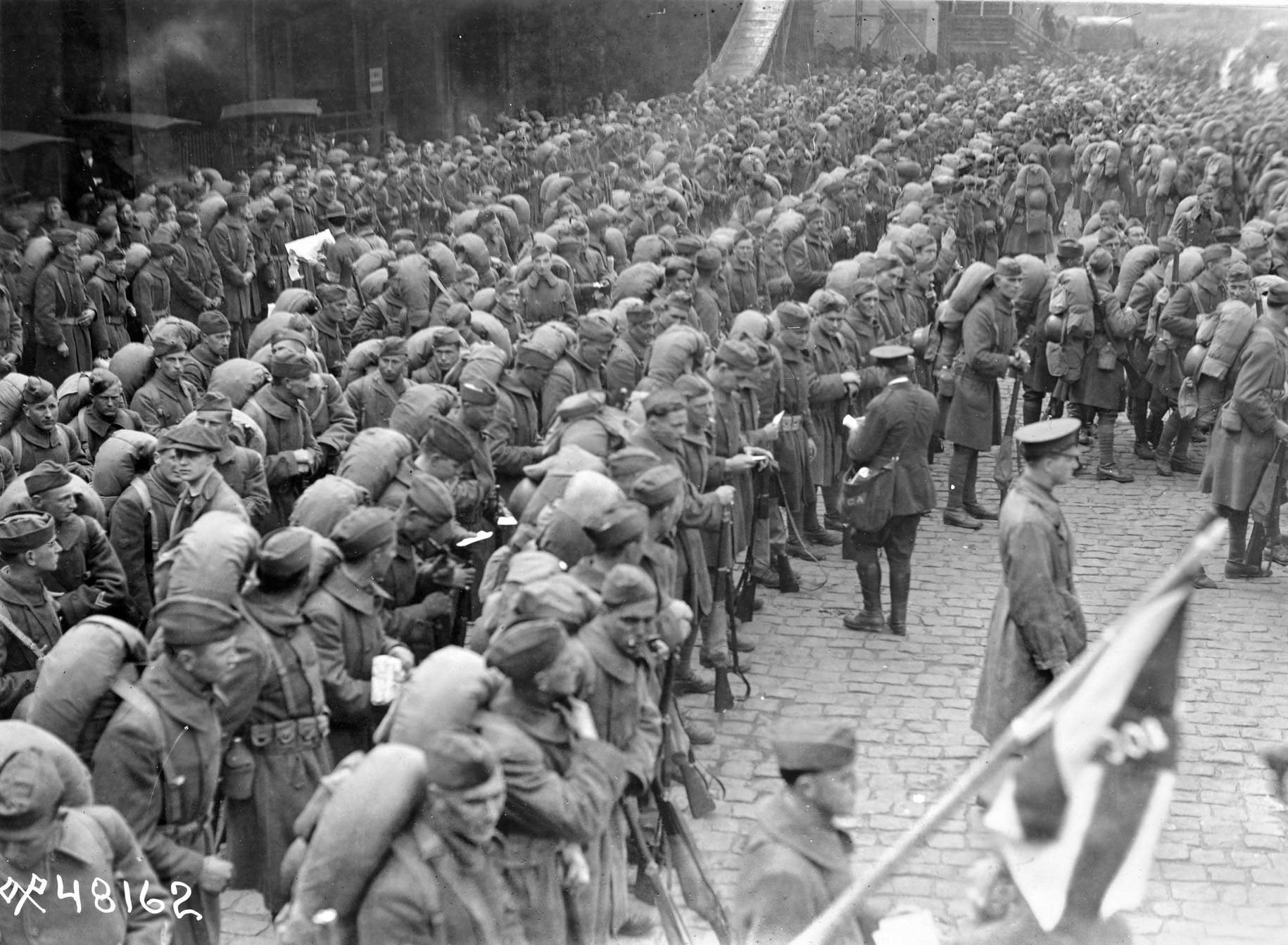
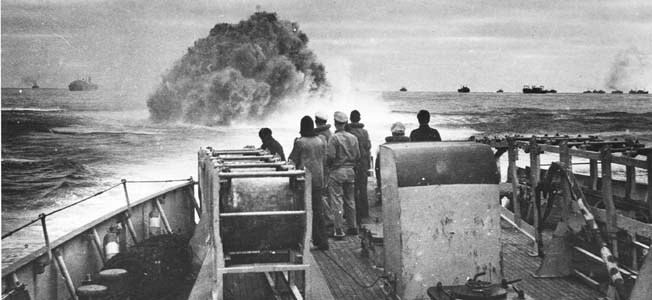
Join The Conversation
Comments
View All Comments